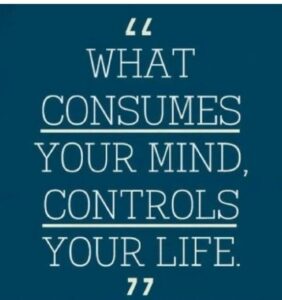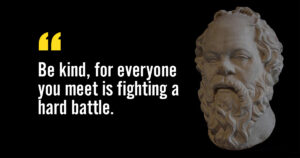“There are many things of which a wise man might wish to be ignorant” ― Ralph Waldo Emerson
Social media, for many, might be one such thing. I heard it described this way:
- Twitter ~ I’m eating a donut
- Facebook ~ I like donuts
- Foursquare ~ This is where I eat donuts
- Instagram ~ Here’s a picture of my donut
- YouTube ~ Here I am, eating a donut
- LinkedIn ~ My skills include donut-eating
- Pinterest ~ Here’s a donut recipe
- Last FM ~ Now listening to “Donuts “
- G+ ~ I’m a Google employee who eats donuts
Social Media ~ happy feeling ~ good times?
I have been rocked by recent news about social media.
The algorithms that power it are not concerned about your happiness or my happiness, no more than alcohol is concerned about your mental health or my mental health.
Social media monetizes engagement; the more time we spend the more money that’s generated and the greater risk of addiction. Needless to say, the effects of addiction — of any sort — have the potential to lead to the same ending: shattered lives and broken hearts.
Writing in The Atlantic, Derek Thompson called social media “Attention Alcohol,” explaining, “Like booze, social media seems to offer an intoxicating cocktail of dopamine, disorientation, and, for some, dependency. We are supposed to protect minors from products like this, not dish it out.”
Frances Haugen, the Facebook whistleblower, said in her recent Congressional testimony, “I’m here today because I believe their products harm children, stoke division and weaken our democracy.”
Social media, without guardrails, is not an inherently safe place.
I read a story of a 13-year-old girl from Vancouver, BC who posted a nine-minute YouTube video of herself titled: My Story: Struggling, Suicide, Self-Harm.
In it she used a series of flashcards to tell the story of her three-year, losing battle with classmates who used social media to unremittingly bully and humiliate her. After she posted her thoughts, she hung herself.
But not before more than two million hungry voyeurs viewed her ending.
OMG
- How do you account for the behavior of so many, perpetuating unspeakable acts indiscriminately and anonymously?
- How do you account for companies designing their platforms to invite such behavior in order to grow business?
I shudder to think how my adolescent self would have reacted to having a video of my speech impediment (stuttering) streamed out over the air waves for the amusement of others.
So many — so fixated — so often = $
Where will it end?
Somehow, we need to remind ourselves of the sacred space that surrounds us all. Space that must be guarded if we are to maintain our psychological, emotional and spiritual well-being.
If we understand we need this protection for ourselves, we’ll be more inclined to guard it for our neighbor. For the only way to protect ourselves is to protect each other.
The great philosopher, Socrates, 2,500 hundred years ago created a listening filter. Maybe we ought to use this filter before we download information we receive about another over social media.
One day, someone came to find the great philosopher and said to him: Do you know what I just heard about your friend?
Just a moment, replied Socrates. Before you tell me, I would like to test you on the three sieves.
The three sieves?
Yes, continued Socrates. Before telling anything about the others, it’s good to take the time to filter what you mean. I call it the test of the three sieves.
The first sieve is the TRUTH. Have you checked if what you’re going to tell me is true?
No, I just heard it.
Very good! So, you don’t know if it’s true.
We continue with the second sieve, that of KINDNESS. What you want to tell me about my friend, is it good?
Oh, no! On the contrary.
So, questioned Socrates, you want to tell me bad things about him and you’re not even sure they’re true?
Maybe you can still pass the test of the third sieve, that of UTILITY. Is it useful that I know what you’re going to tell me about this friend?
Not really.
So, concluded Socrates, what you were going to tell me is:
- neither true,
- nor good,
- nor useful.
Why, then, did you want to tell me this?
Simply put:
Just a thought…
Pat
NOTE: We are experiencing some problems when people try to reply directly to a post. Until these issues are resolved, please send any comments directly to Pat at pjmoriarty48@gmail.com.
Copyright © 2021 Patrick J. Moriarty. All Rights Reserved.
Would you like to submit a post to Just A Thought? To learn more, please click here.






